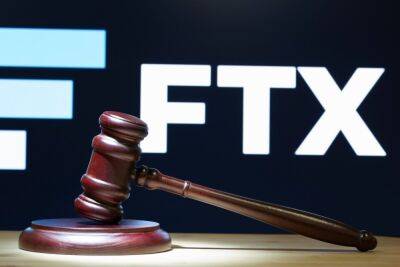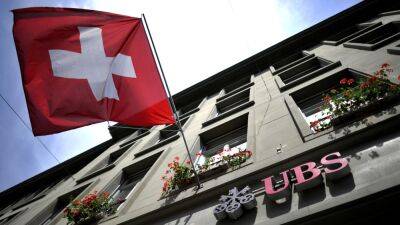Labour’s messaging on business tax is right. Just don’t leave a long-term plan until the last minute
I t was easy to spot the gaps that Labour needs to fill in the review of business taxation announced by the shadow chancellor, Rachel Reeves. On the rate of corporation tax, Labour wants to be “in lock step with the G7”, which is a terribly vague formulation. On long-term tax breaks to boost investment, Reeves is enthusiastic but has committed to nothing specific. Any role for windfall taxes, where Labour is still calling for a “proper” additional levy on North Sea producers, was not mentioned in her speech to trade body MakeUK.
The “to-be-decided” list, then, is long. In the meantime, Reeves said Labour would support “a genuine boost to investment … if it is affordable”, if that’s what the government produces in next week’s budget. There was nothing here to frighten business – but, equally, nothing much to excite.
Yet one core principle was definitely worth spelling out: a sensible regime for business tax must be capable of lasting the length of a parliament. High taxes deter investment, but so does fear of the unexpected. “In recent years, corporation tax has gone up and down like a yo-yo while the government has papered over the cracks with short-term fixes like the super-deduction,” argued Reeves, overdoing her metaphors but accurately describing the Conservative experience.
George Osborne arrived as chancellor in 2010 with a mission to lower corporation tax, taking it down in stages from 28% to 19% in 2017 (though the last shove was delivered by Philip Hammond). Now, barring a monumental U-turn, Jeremy Hunt will move the rate to 25% at the start of April – that pledge was one of the key elements in the overthrow of Trussonomics last autumn.
The crack-covering manoeuvres are well known. They were the yearly fiddles with
Read more on theguardian.com



![Is Arbitrum Network’s [ARB] rapid growth under threat from hackers?](https://finance-news.co/storage/thumbs_400/img/2023/3/21/60869_jlx7.jpg)







